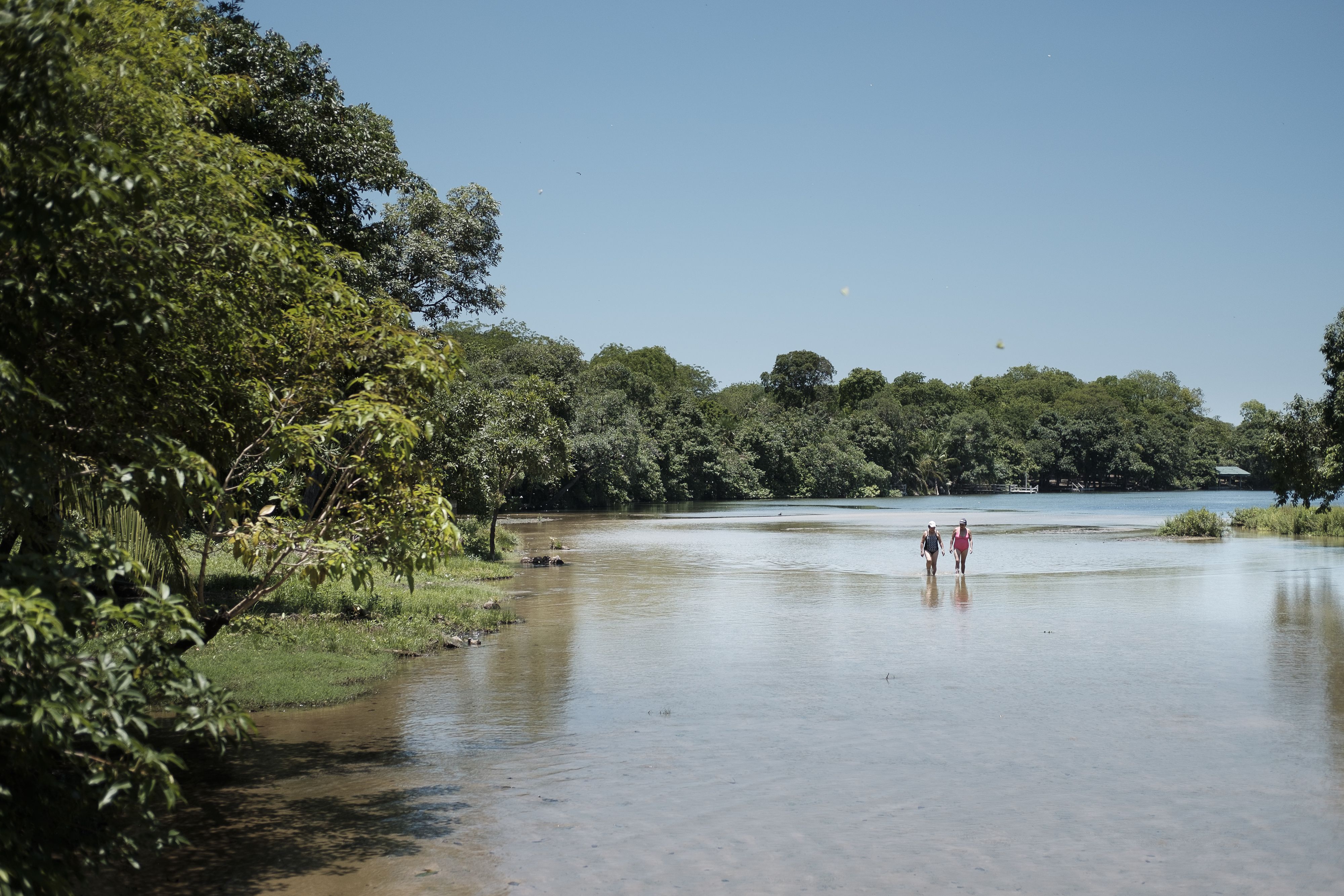
Bolivia’s human rights under review: civil society sounds alarm on mercury, forests and Indigenous rights
In June 2025, Bolivia’s human rights record came under international scrutiny during the Universal Periodic Review (UPR)[1]. Civil society organisations including IUCN NL’s partner CEDIB played a pivotal role in documenting the country’s environmental and human rights violations.
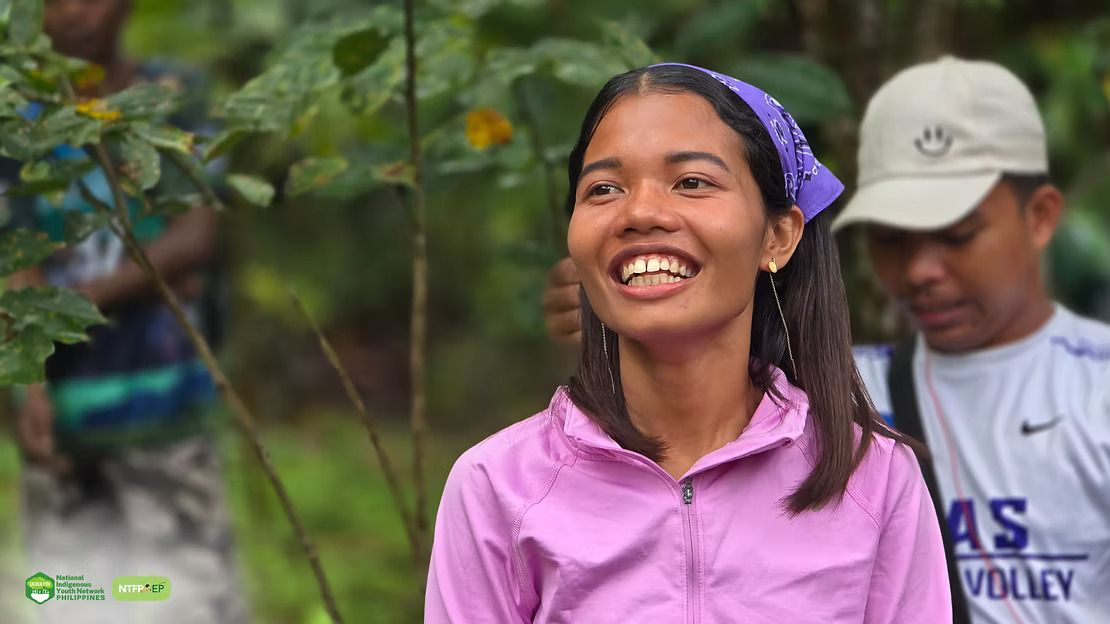
Monitte Lantas: Carrying Tagbanwa Roots into Youth Leadership in Southern Palawan
Monitte Lantas introduces herself plainly – “Ako si Monitte Lantas. Isang katutubong Tagbanwa mula sa Bayan ng Narra, Probinsya ng Palawan. (I am Monitte Lantas, an indigenous Tagbanwa from the town of Narra in the Province of Palawan.)” – but the path behind those words carries a steady, expansive story.
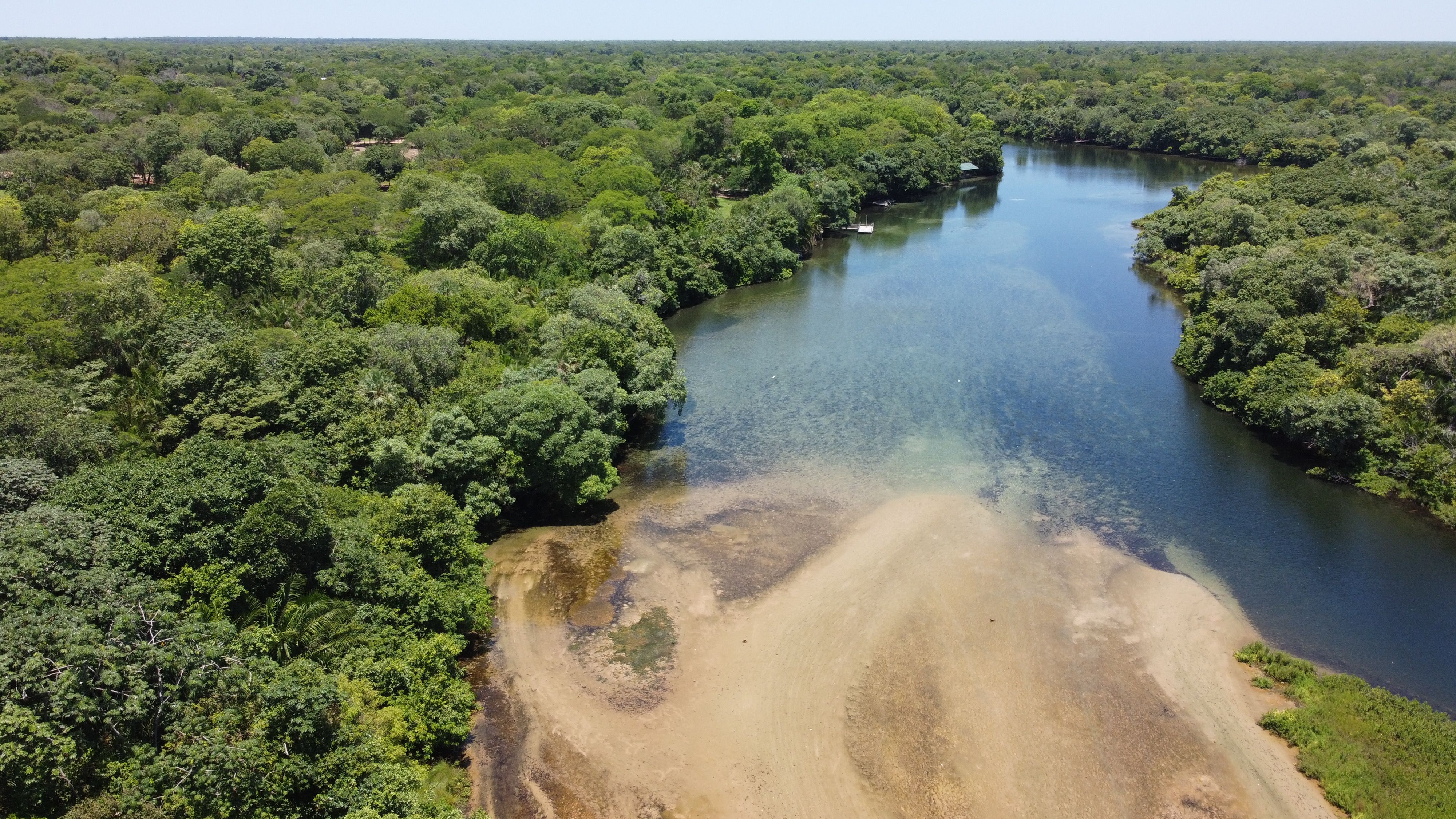
Water conflict in Chiquitania: the cost of commodity production
Deforestation, commodity production, and water scarcity are closely linked. In the dry forests of Chiquitania, Bolivia, for instance, cattle ranching is contributing to the water crisis, affecting local communities and threatening ecosystems.
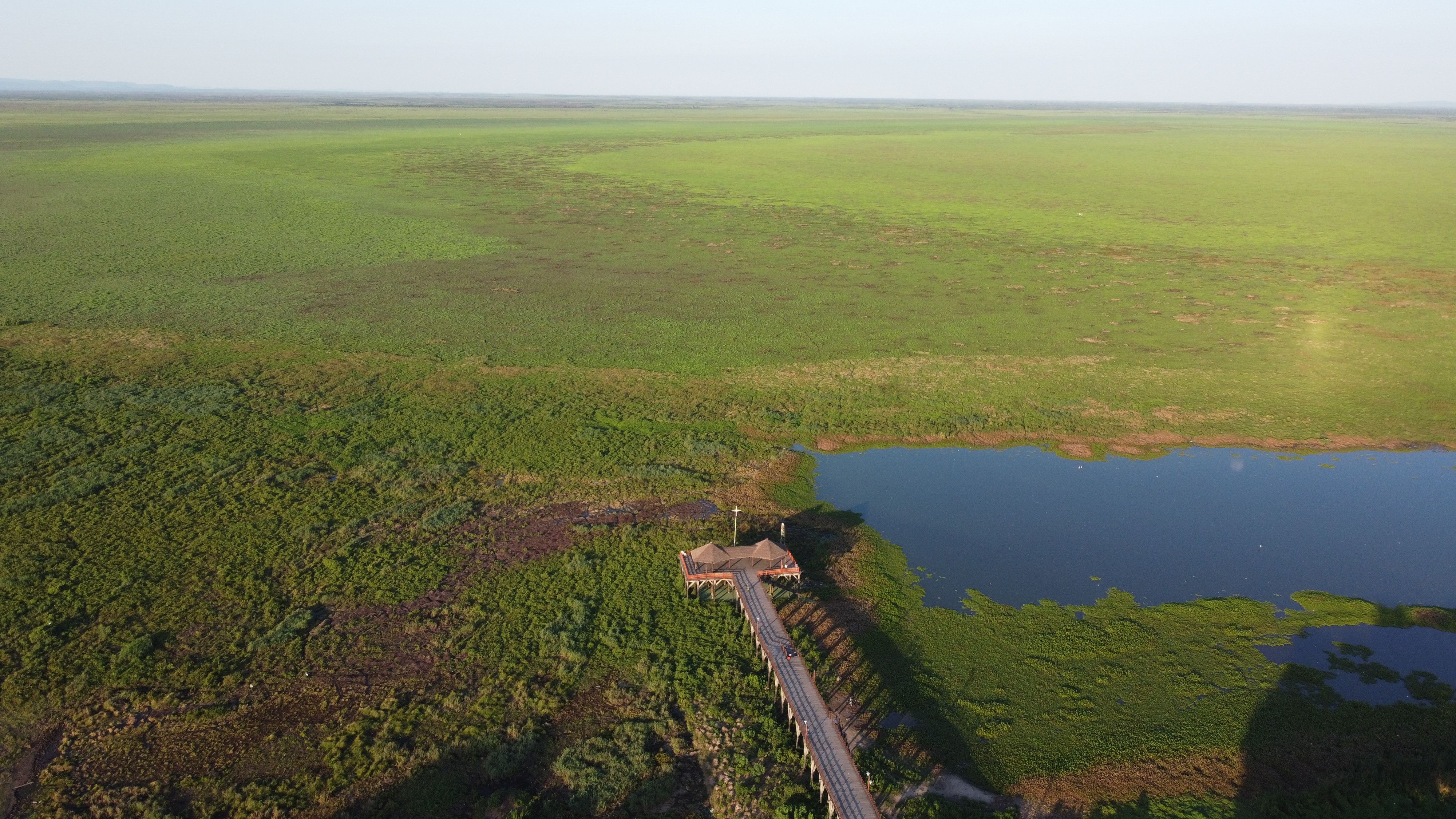
The story of Laguna Cáceres: How intensive agriculture fuels extreme droughts and fires
Puerto Suarez is a small town that is located on the shore of laguna Cáceres, but nowadays its pier overlooks a green landscape where only vegetation, and some water puddles remain.
In this photo essay, with photos by Bolivian photographer Manuel Seoane, we dive into the story of how a combination of deforestation drivers influence the ecosystem and livelihoods of local communities.
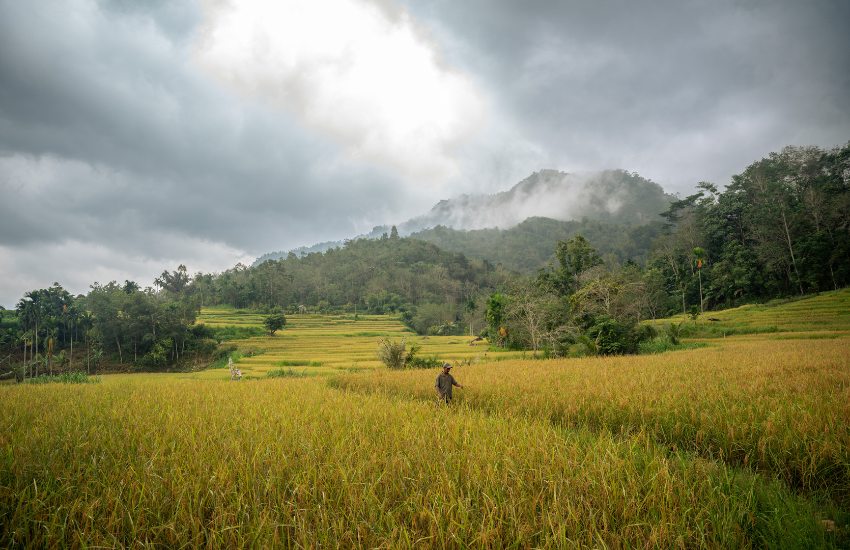
15 years of Strategic Partnerships: Indonesian CSOs reflect
For nearly 30 years, IUCN NL has supported civil society organisations (CSOs) through Dutch funding for Development cooperation, fostering long-term partnerships that have strengthened community-led nature conservation and more sustainable and inclusive governance of tropical forests. With Dutch Official Development Assistance (ODA) now facing steep cuts and political uncertainty, Indonesian partners reflect on the value of these alliances, the knowledge they've gained through collaboration, and their determination to continue the work, regardless of shifting donor landscapes.
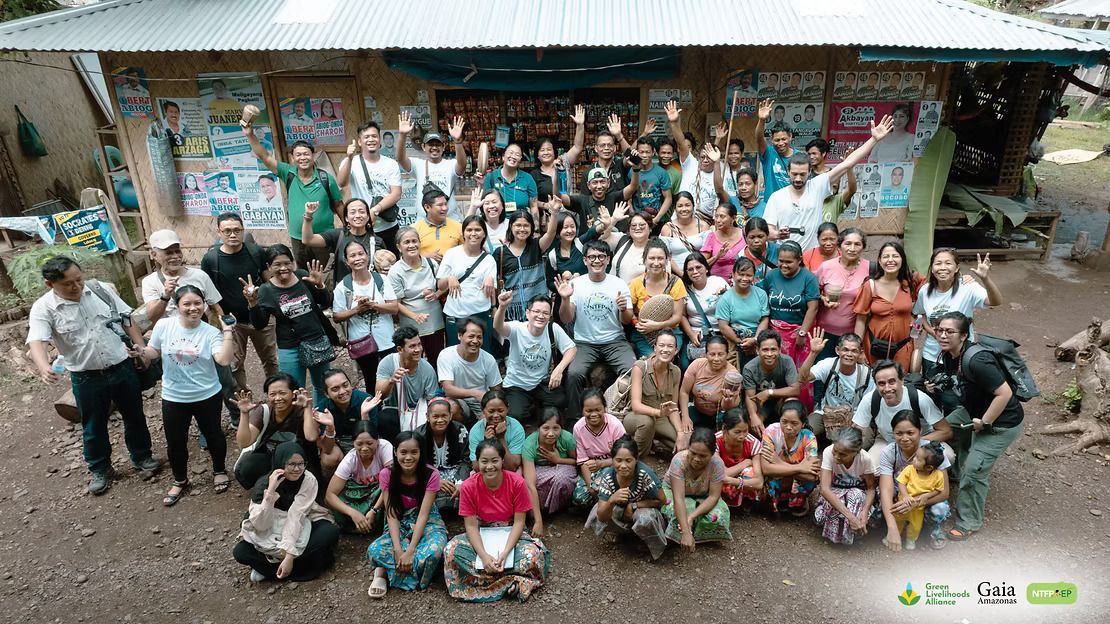
Heritage of the Land, Heritage of the Indigenous (Pamana ng Lupa, Pamana ng Katutubo)
In the lush mountains of Palawan, Philippines, where trees whisper stories from the ancient past, where rivers carry the island’s history of extraction in its veins, and where the land holds memories of indigenous protection, a gathering unlike any other transpired. From May 5 to 9, 2025, over 35 Indigenous delegates from across Colombia, Myanmar, Vietnam, Indonesia, Malaysia, and the Philippines came together for a South-South learning exchange co-organized by Gaia Amazonas and NTFP-EP (Non-Timber Forest Products-Exchange Programme), under the Green Livelihoods Alliance (GLA) partnership.
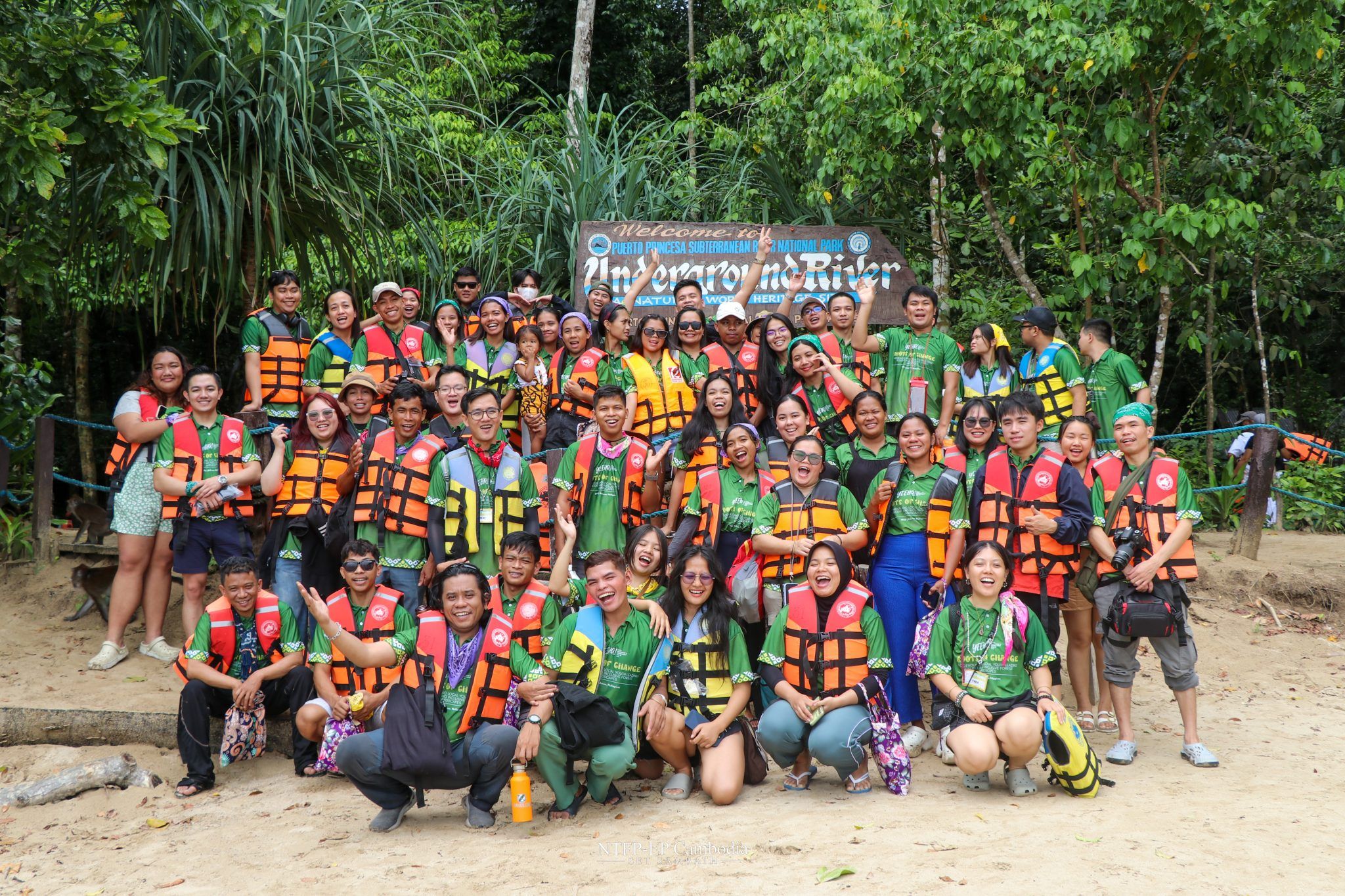
YEEHA 2025 Highlights Youth Leadership in Inclusive Forest Governance
With the theme Roots of Change: Indigenous and Local Youth Leading Resilient and Inclusive Forest Landscapes, YEEHA! 2025 focused on practical, hands-on sessions exploring inclusive forest governance, sustainable landscapes, and youth-led strategies for the crises our planet face today. The program emphasized capacity-building in mapping, research, documentation, and the transmission of Indigenous Knowledge, Systems, and Practices (IKSPs) to generations to come. More than just training, the camp fostered deep reflection, creativity, and solidarity; grounded in the realities of the participants’ own communities and territories.
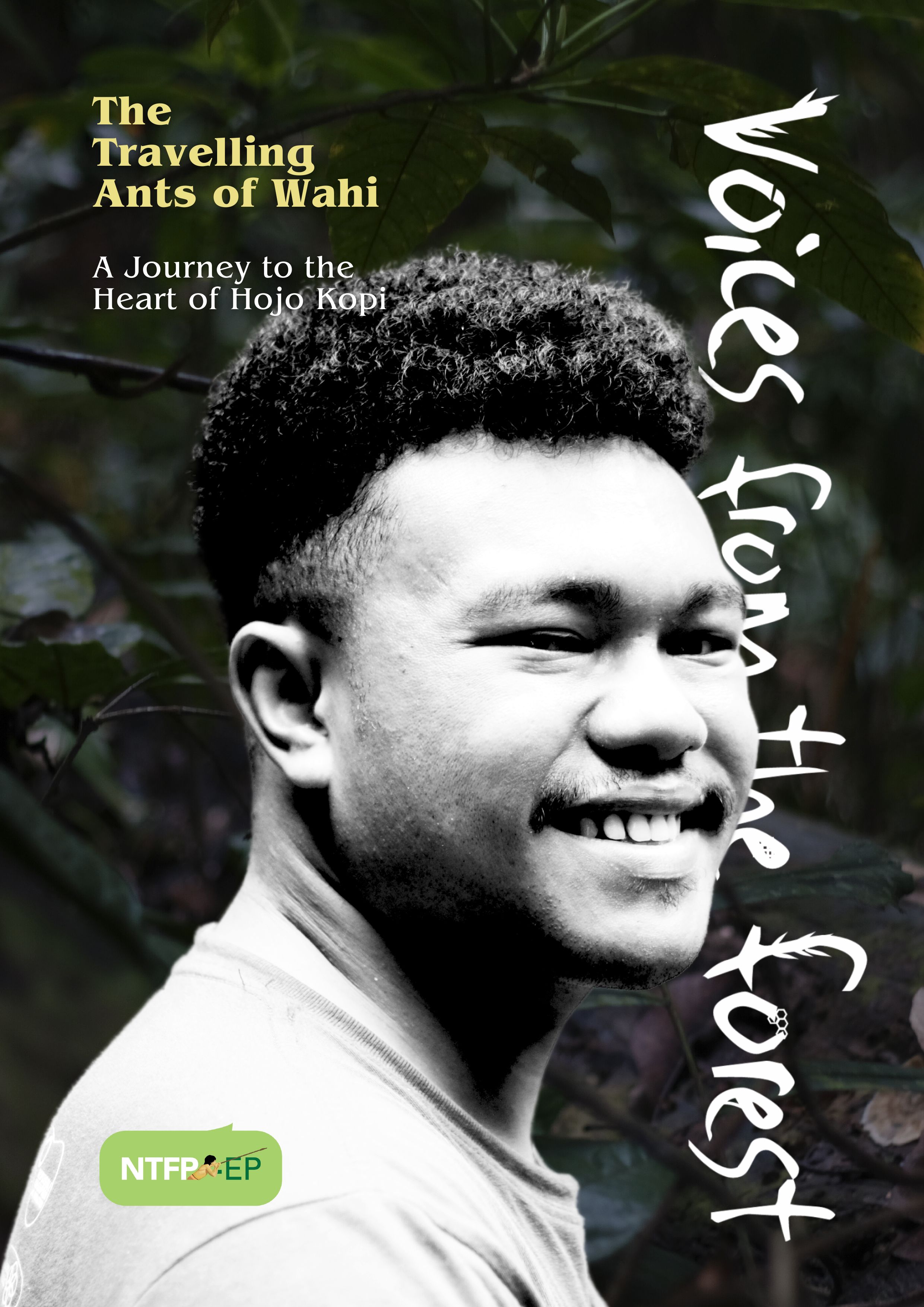
Voices from the Forest Issue No. 37
After nearly three years, NTFP-EP is bringing back Voices from the Forest with a fresh edition-not just as a newsletter, but as a platform to amplify stories from the ground up. More than updates, Voices from the Forest now brings you firsthand narratives of the resilience, innovations, and enduring efforts of Indigenous Peoples and local communities (IPs&LCs) across the NTFP-EP network.
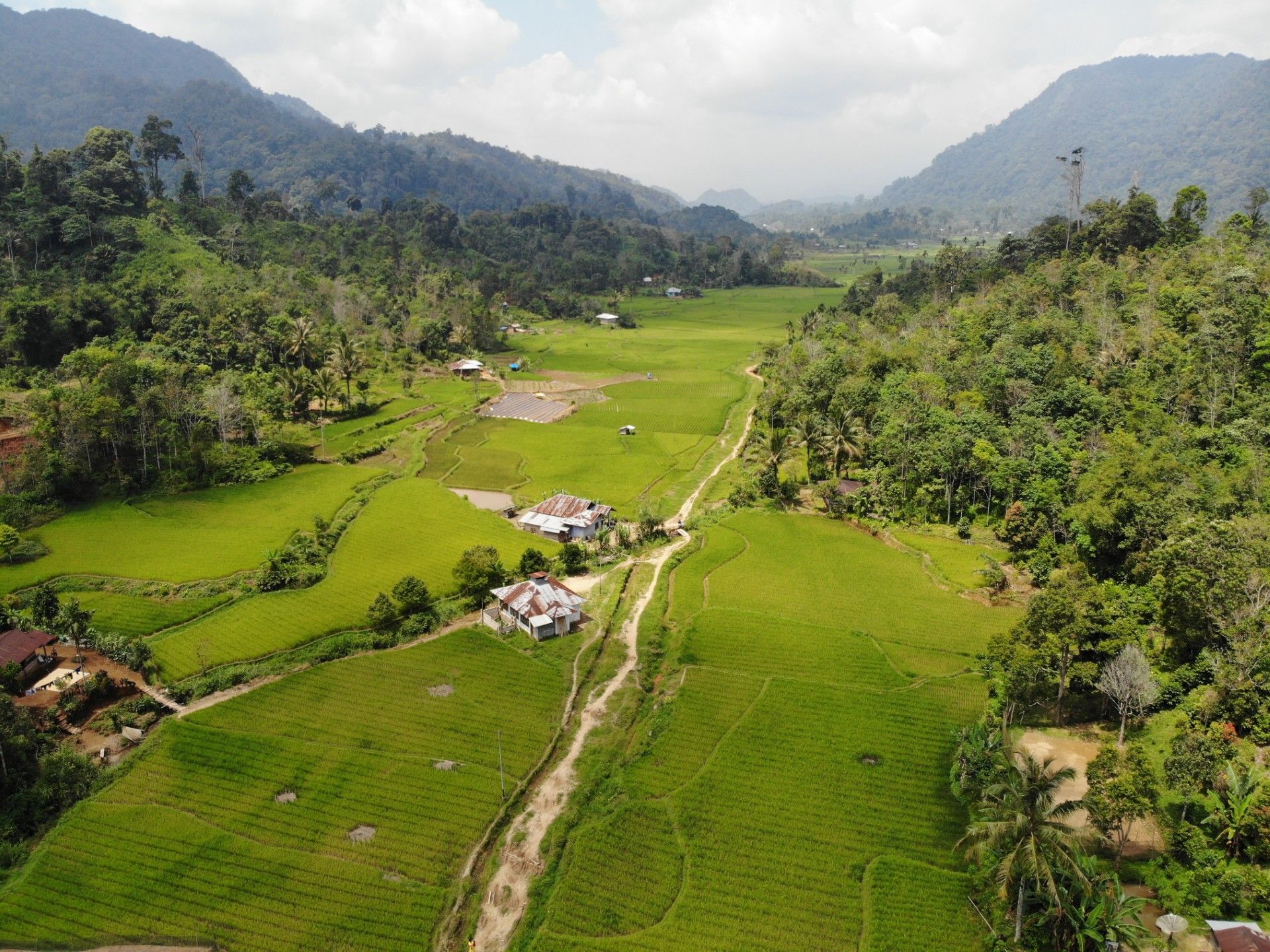
Floods remind Simancuang village in Indonesia to value their forest
A disastrous flood that submerged newly planted rice fields and several public facilities shook the collective consciousness of the Simancuang community in West Sumatra, Indonesia. The community made the difficult decision to report the illegal loggers that caused the flood to the authorities. And for the first time, a community report was followed up by a judicial process. Yudi Fernandes, member of the KKI Warsi team working with the community, reports.
